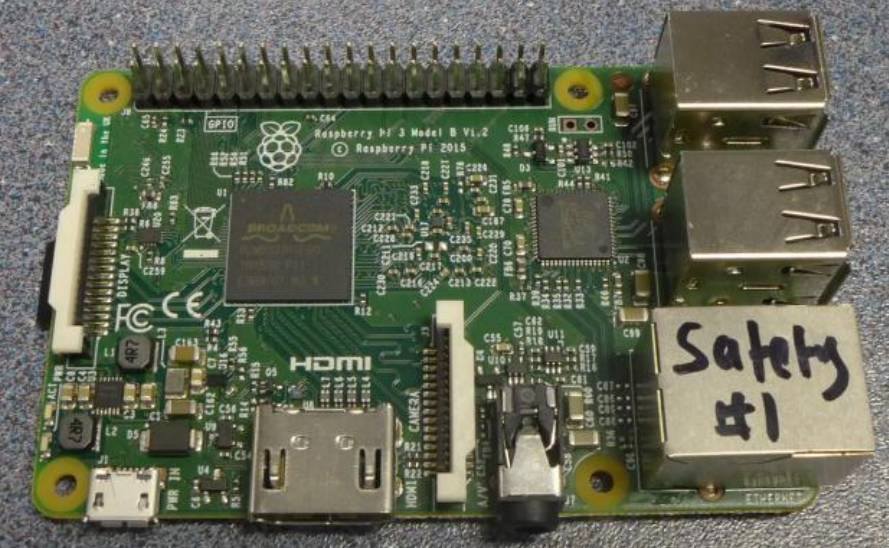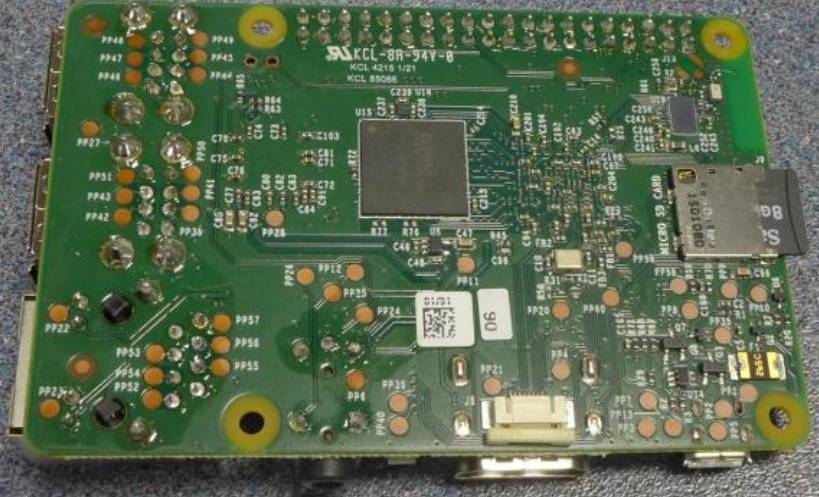Steve_M
TVWBB Guru
http://www.theregister.co.uk/2016/02/26/raspberry_pi_3/
Also looks to be 64bit.
A couple of pics from the article above:


A cover pic of the March edition of MagPi:

Also looks to be 64bit.
A couple of pics from the article above:


A cover pic of the March edition of MagPi:

